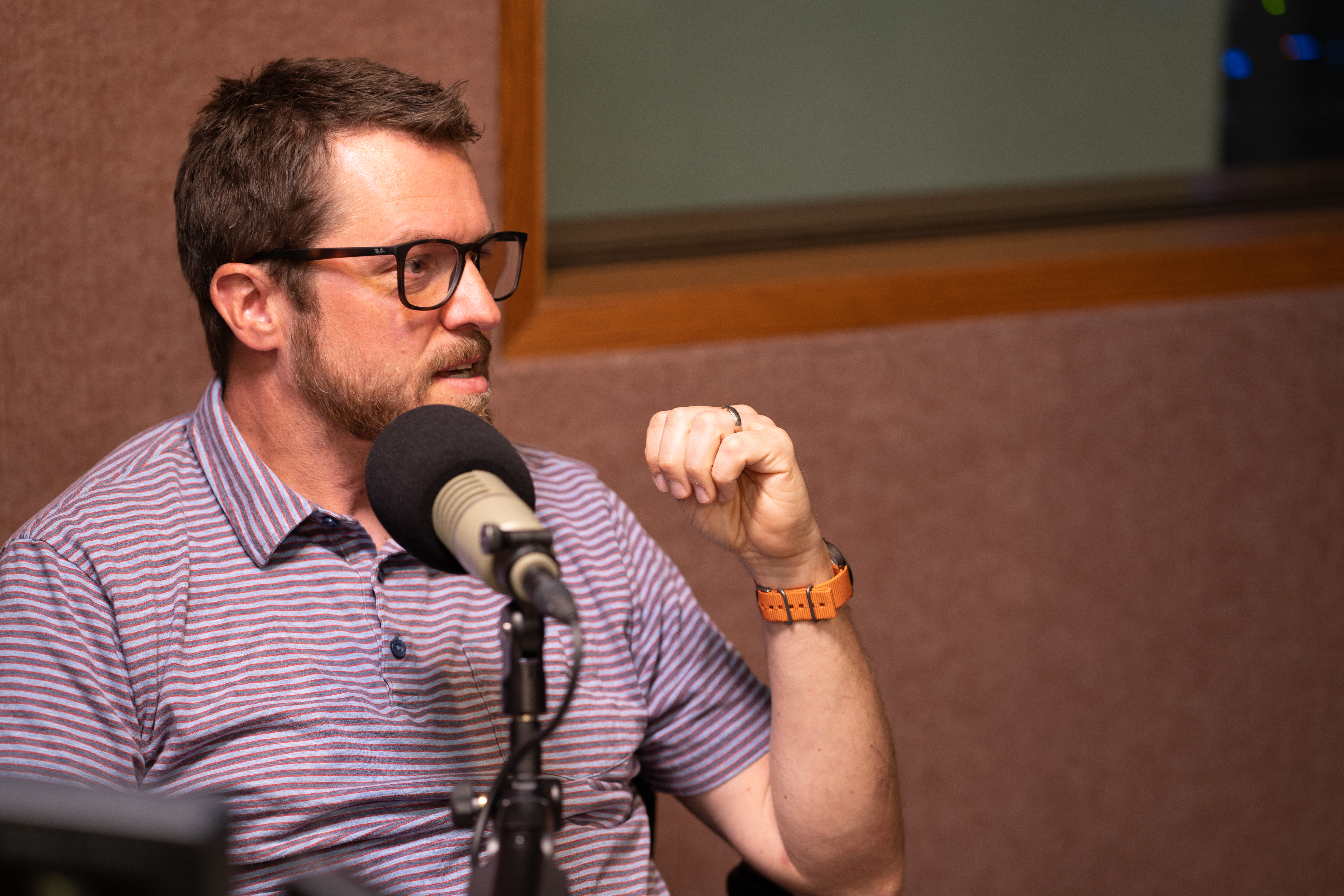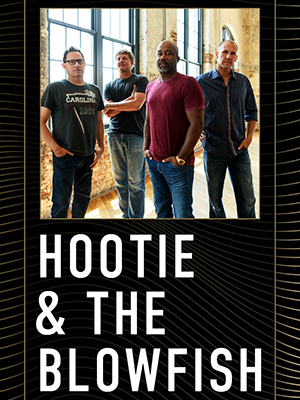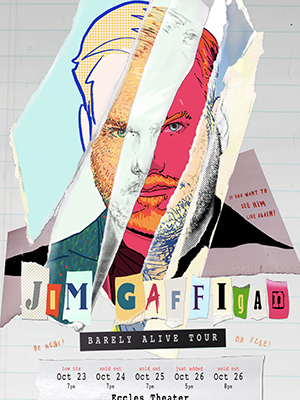How one man went from eleven years of sobriety to becoming addicted again
By jtilton on July 23, 2020

On the outside looking in, Keith Meyer had everything he could have wanted in life. He was a husband to a successful wife and a father of three kids. He owned his own marketing consulting company and it had proven to be very successful. But on the inside, Keith was struggling after experiencing eleven years of sobriety.
He was at war with himself due to the fact that his mental health began to deteriorate. Battles with depression and general anxiety, as well as a resurging alcohol addiction, proved too much for him to handle on his own.
Keith joined the Project Recovery podcast to recall how his life spiraled out of control after drinking again.
From sobriety to addict
“I relapsed twice this spring,” he said. “At night, when everyone went to bed, I [was] down in the tv room watching tv, drinking until two in the morning.”
His love for alcohol stems back to when he was thirteen years old. Alcohol quickly became a crutch for Keith after seeming to be “cool” while drinking with his different friend groups.
“You drank as a jock to be cool and you drank to fit in,” he explained. “It was very accepted with both groups of friends that I was hanging out with.”
Spiraling out of control
Over the years though, Keith’s experience with alcohol began to spiral out of control — causing him to reach out for help for the first time.
As an adult, Keith didn’t quite know where to turn to. “I tried some [Alcohol Anonymous] meetings. It just didn’t fit for me,” he described.
“I went into church to listen to my wife talk … and I had been to church maybe two times in three years with her,” he said. “That day I was there, a couple got up and said, ‘We’re here to announce a new 12-step program.'”
This just happened to be the sign that Keith was looking for to get back to sobriety.
“I went twelve weeks in a row. I joined the church three weeks later and I was sober for eleven years,” Keith explained.
Struggling to fix the problem
Six months prior to his most recent relapse, his wife, Brooke, spoke to him about the possibility that his mental health was in negative space. Keith agreed that he was depressed and anxious so he decided to visit a therapist to see if there were any underlying issues that he hadn’t addressed during his sobriety.
“I went to my doctor and got put on an anti-depressant. That didn’t work, so they doubled it,” he described. “That didn’t work.”
In his mind, Keith knew of something that could potentially fix his problems — alcohol.
“Nothing was working. I went and got a box of wine … and a pizza, sat in my car, and drank the box of wine,” he said.
For the first half-hour, all of Keith’s problems went away, along with his sobriety. All of the stress and anxiety of life began to deteriorate with every glass of wine. And just when he thought life had gotten better, the thoughts of shame and deceit began to fill his mind.
How was he going to hide the scent of the wine from his breath? What was he going to tell his wife? What if an officer pulled him over?
“The guilt, the shame, it’s just a crappy feeling,” Keith described. “The only way to make that go away is to drink some more.”
On the brink of death
He told his wife Brooke what had happened and they both decided to move forward and continue Keith’s road to recovery. For twenty-eight days, Keith didn’t have an ounce of alcohol. Unfortunately, things took a dark turn when all of life’s responsibilities caved back down onto him.
“I was drinking twelve, fifteen drinks a day, around my kids, pouring vodka into cans of sparkling water,” he said. “I was good at smuggling it in and lying.”
If Keith would have had it his way, his alcohol use would have continued as long as it could have but a month later, he had an annual physical with the family doctor. Once his blood work came back, his doctor quickly notified him that if he kept up with his drinking habits, he was going to drink himself to death.
Keith began his journey of recovery by detoxing at a treatment center in Utah. “I wanted to get help,” Keith explained. “I wanted to stop this addiction for good.”
Keith’s path to recovery and sobriety
Keith describes the program as a “fully integrated” approach to recovery. “They start with the brain and the biology,” Keith spoke about Ampelis, the recovery center he now swears by. “Someone showed me a picture of a prefrontal cortex brain that’s bright yellow and then one that’s [of] an addict and it’s just gone.”
The program is centered around repairing every aspect of someone’s life to get them back to sobriety. They focus on incorporating Amino acid and ketamine, an intravenous (IV) anesthetic that has been used medically for sedation, treatments to help ween clients away from their addictions. Then, with the help of proper diet and fitness, as well as family care for support, the client has experienced a full reset in the hopes of curbing addiction.
“Positive psychology is really the foundation of [Ampelis],” Keith said. “It was all about [being] good enough.”
Keith believes he now has better skills to manage his depressive disorders after spending twenty-six days at Ampelis. He has even been sober for over 60 days following his stay. With a new outlook on life, Keith now spends most of his time working and spending as much time with his family as he can. He’s also incredibly optimistic about being in recovery again.
“I wanted to live a normal life where I don’t wake up hungover every day or reliant on something,” he said. “I just wanted to feel good.”
Listen to the podcast to learn more about substance abuse awareness and alcohol addiction
For more information on addiction or if you or someone you know is struggling, you can find more information on Facebook, KSL TV, or from Use Only as Directed. To hear more from Casey Scott and Dr. Matt Woolley, you can listen below or subscribe to the ‘Project Recovery’ podcast on Apple Podcasts or wherever you get major podcasts.







